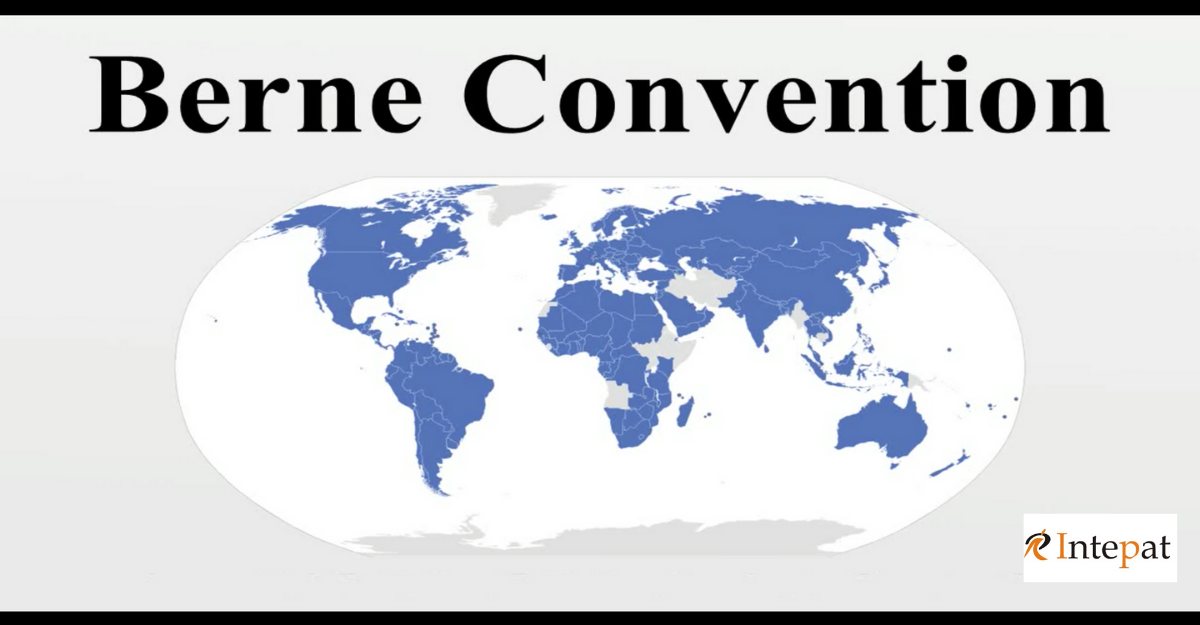Millions and millions of content are being created worldwide, and all creators must be free to showcase their work with pride, irrespective of geographical boundaries. The Berne Convention is a proactive agreement that understands the need to protect one’s original work across countries and encourages displaying the creations without apprehensions.
What is the Berne Convention?
This convention was adopted in 1886 to protect the creations and rights of the creators in the international arena. Nearly 180 countries signed the convention regulated by the World Intellectual Property Organization (WIPO). It lays down the ground rules on how the creators of literary and artistic works (artists, poets, authors, etc.) can control their creations’ usage. Fundamentally, this convention was formed to tie the laws of different nationals into a single platform with minimum standards to protect copyrighted creations.
The Berne Convention, initially adopted in 1886, was amended and revised several times, leading to its latest form in 1979.
The crux
The contracting countries have to provide automatic protection to the creations published in the countries belonging to the Berne Union and automatic protection to the unpublished creations by creators who are citizens or residents of countries under the Berne Union.
The Principles
The Berne Convention is built on three basic principles:
National Treatment
The members of the Berne Union should treat works first published in any of the Union countries and all works of the creator who is a citizen of the Union country in a way they would protect the works of their citizens.
Automatic Protection
The protection offered through the principle of national treatment must be unconditional and should not comply with any formality.
Independence of Protection
The protection under the Berne Convention does not depend on the protection available in the country where the creation originated. In some instances, the contracting country may decide to protect the work for a duration longer than the minimum allowed by the convention. Meanwhile, the protection may be revoked if the work is no longer covered in the country where the creation originated.
Minimum Standards of Berne Convention
Works eligible for protection
According to Article 2(1) of the Convention, copyrighted protection must be offered to “every production in the literary, scientific and artistic domain, whatever the mode or form of its expression.”
Rights under Berne Convention
The Contracting State shall recognize the following rights as exclusive rights of authorization:
+The right to perform in public – plays and musical works;
+The right to recite in public;
+The right to broadcast;
+The right to communicate the performance of such arts to the public;
+The right to translate;
+The right to make adaptations and arrangements of the work;
+The right to reproduce the work in any form;
+The right to use the work as a base for an audiovisual work;
+Moral rights – right to claim ownership, right to object to any damage, modification, or disgraceful action, putting the reputation and honor of the author at risk.
Duration of Protection
In general, any protection for literary and artistic works under Berne’s convention expires after 50 years of the author’s death. Unknown or pseudonymous creations can be protected for 50 years after going public. In instances where the author’s identity is apparent or when the author comes forward and owns the creation during the protection period, the protection will expire after 50 years of the author’s death.
Creations of applied art and photographic works receive protection for a minimum of 25 years from their creation.
Cinematographic (audiovisual) creations can enjoy minimum protection for 50 years after going public (release). If such creations go unpublished, the protection stands for 50 years from the formation of the work.
India’s stand on Berne Convention
As an active member of the Berne Union, India abides by the International Copyright Order (1999). It protects the creative content of foreigners belonging to countries in the Berne Union against infringement. Indian copyright law applies to any such work published here, regardless of the place it was created initially.
The Berne Convention is a boon for authors, artists, poets, and other personnel associated with all forms of artistic and literary works to bring out their creations safely in an international forum.
[cherry_button text=”Have Questions? Connect with Us” url=”https://www.intepat.com/contact-us/” style=”info” centered=”yes” fluid_position=”right” icon_position=”top” bg_color=”#ea9525″ min_width=”33″ target=”_blank”]




